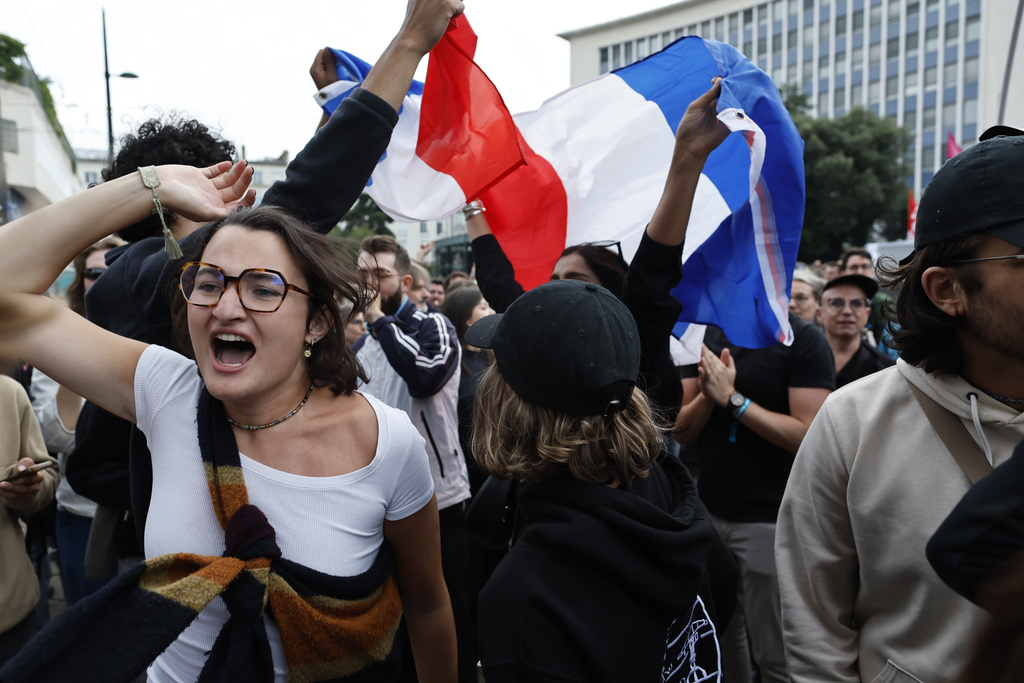The aftermath of the French parliamentary elections was dominated by headlines either celebrating a thwarted far-right or expressing surprise at the evenly spread electoral gains. Media narratives crafted a sense of relief, overshadowing the real democratic concerns these elections posed. The issue here is not just the overt coordination among parties to prevent a right-wing victory, but the underlying acceptance of such practices by voters of the dominant political blocs.
Yet, the defeat of the right became clear not on the day of the second round but earlier due to a purely political — not democratic event.
In the French electoral system, only candidates who exceed 50 percent of the votes enter the first round of parliament elections. There are relatively few such cases. However, in the second round, three to four candidates who did not achieve such a result are expected to compete. The withdrawals of 280 candidates from the left or Macron’s party were crucial to facilitating the victory of the strongest of these two candidates over Marine Le Pen’s party’s candidate in the second round. This was an absolutely unprecedented situation.
To compare, in the parliamentary elections four years ago, there were only eight such withdrawals.
Such tactics reveal a troubling manipulation of democratic norms under the guise of a so-called “republican pact” in action for over four decades — Initially a bipartisan effort to sideline the far-right — it now primarily benefits Macron and the left, perpetuating a duopoly of power.
Do such elections meet the requirements of democracy? Formally, yes; practically, no. It is a rigged democracy, in which the two largest forces seeking to marginalize the third can rule alternately indefinitely. Moreover, voters of these two privileged blocs also accept this arrangement. Before the elections, there was much doubt about the overt persuasion of leading players of the French national football team to prevent the right’s victory.
Conversely, any endorsement of the National Rally would likely result in punishment for any football player, illustrating a biased engagement in political advocacy by national icons.
Another factor that is increasingly working in favor of the left and liberals is the growing share of votes from Muslim immigrants, which was seen in the victory of the center and left. Why is this dangerous for democracy? Simply put, this situation provides a massive incentive for these parties to promote ever more immigration, which in turn, means more immigrants to vote for the parties that promote more immigration, in a closed loop system that becomes self-perpetuating. Policy means little when you can just import new voters and promise them social benefits.
Since these immigrants themselves want to continue their influx into France, they will vote for the extreme left even though some progressive cultural proposals do not delight orthodox followers of Islam. In this situation, the right can only win if there is a massive social mobilization from the French in the party’s favor. Such situations rarely occur, as the French do not vote as an ethnic bloc.
The electoral process in France also features another layer, with the EU’s main institutions also forming without transparent democratic structures.That is why Ursula von der Leyen can be certain that she will be reappointed as the head of the European Commission without a single vote from any citizen.
A democracy without alternatives, combined with the hidden tyranny of the EU authorities, kills actual democracy. The left and politically uninformed football players won’t ever address these thorny issues, but countries like France are increasingly unable to counter these troublesome trends — and it will likely only get worse.






